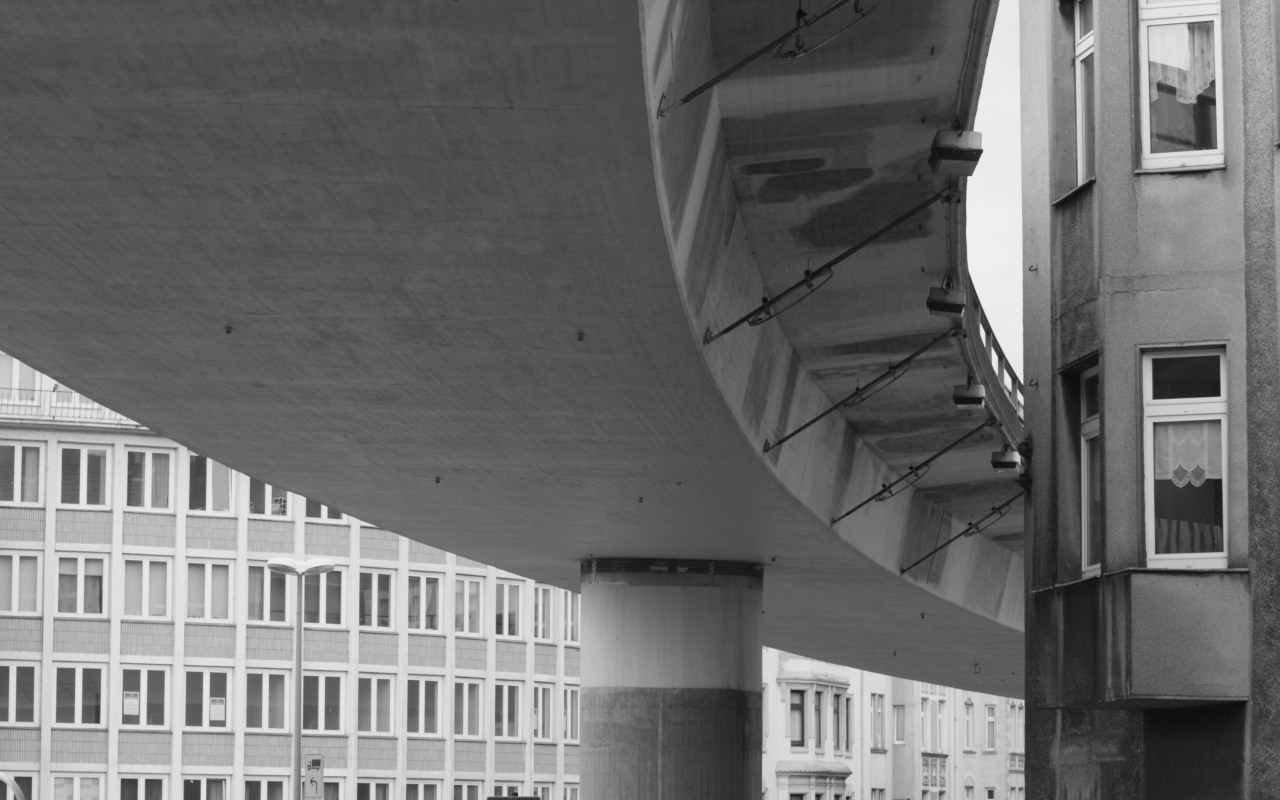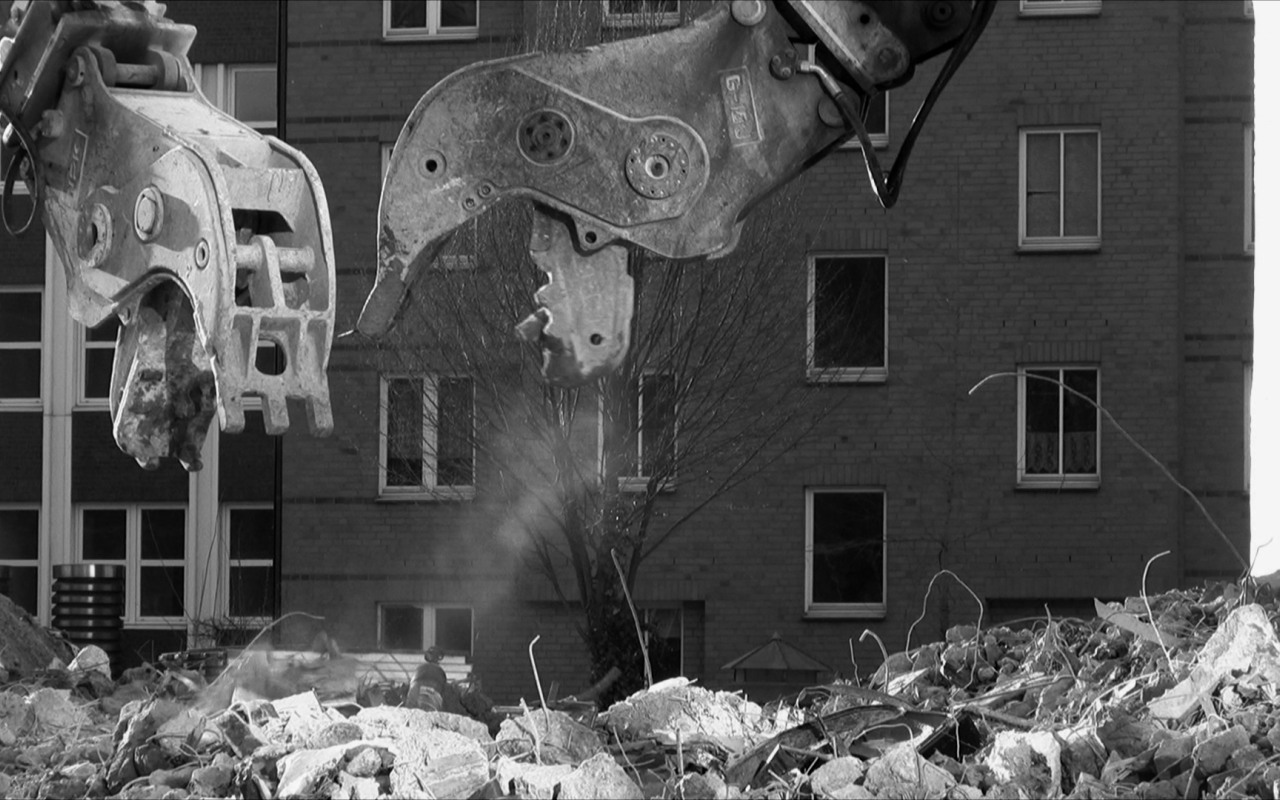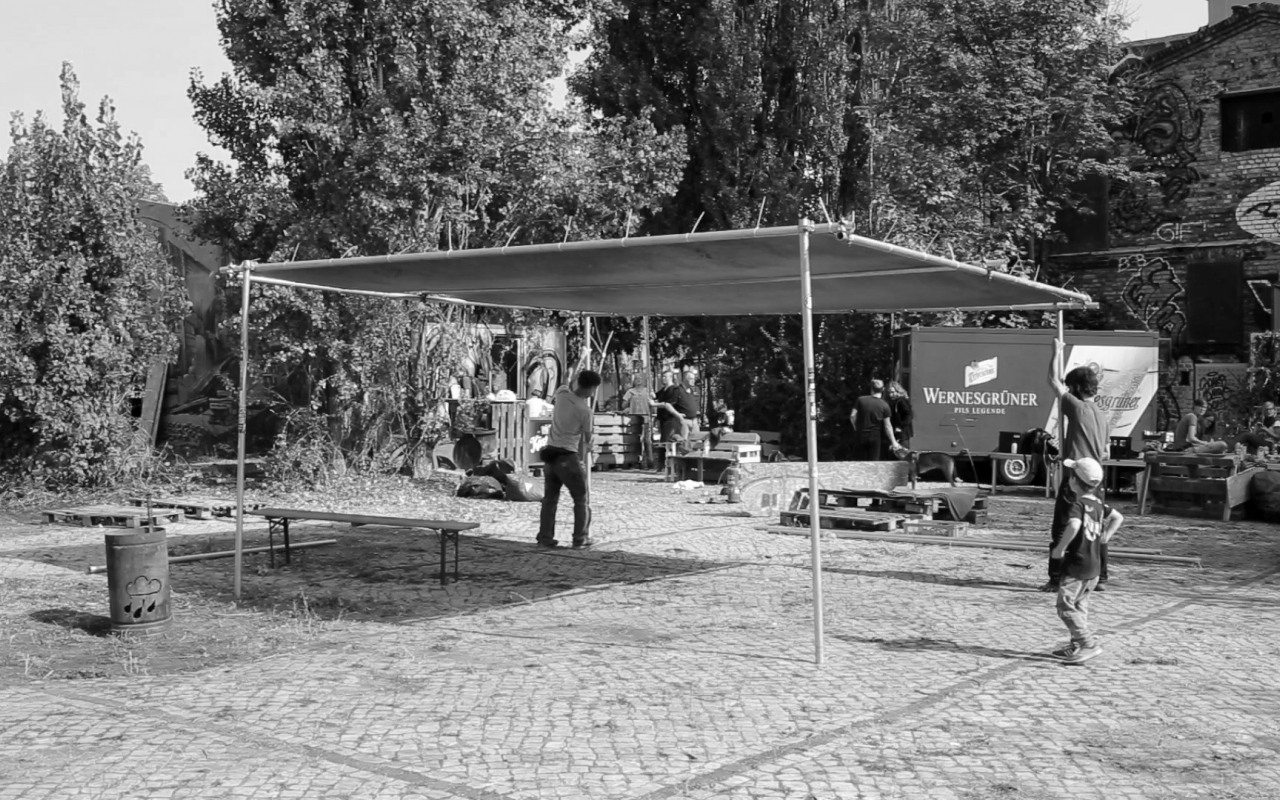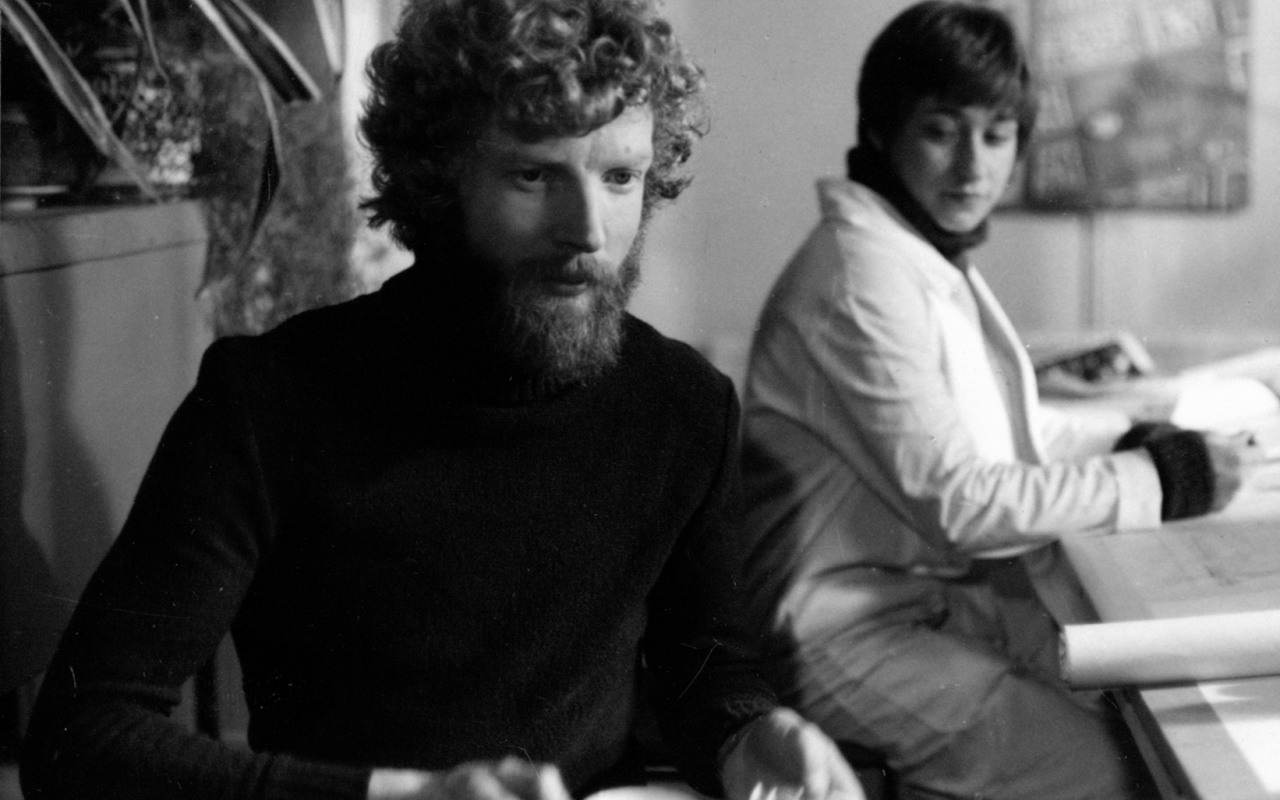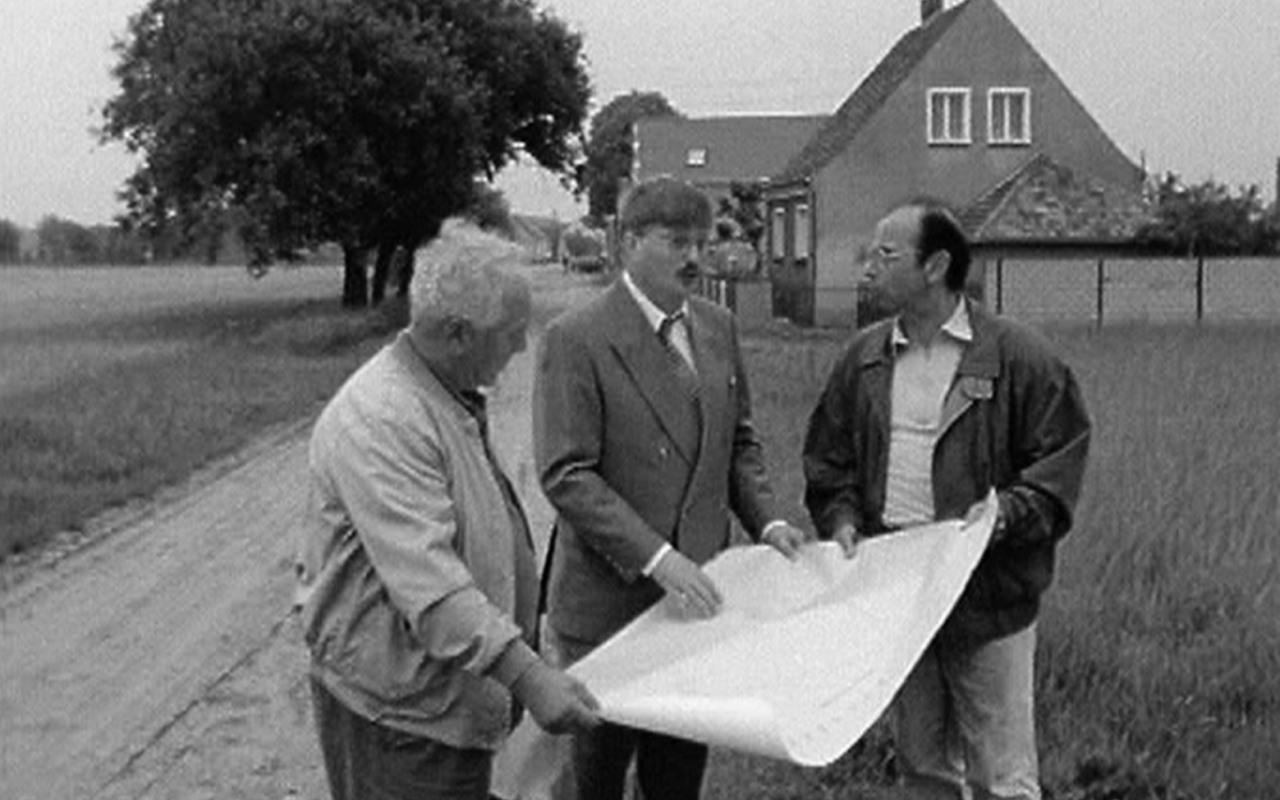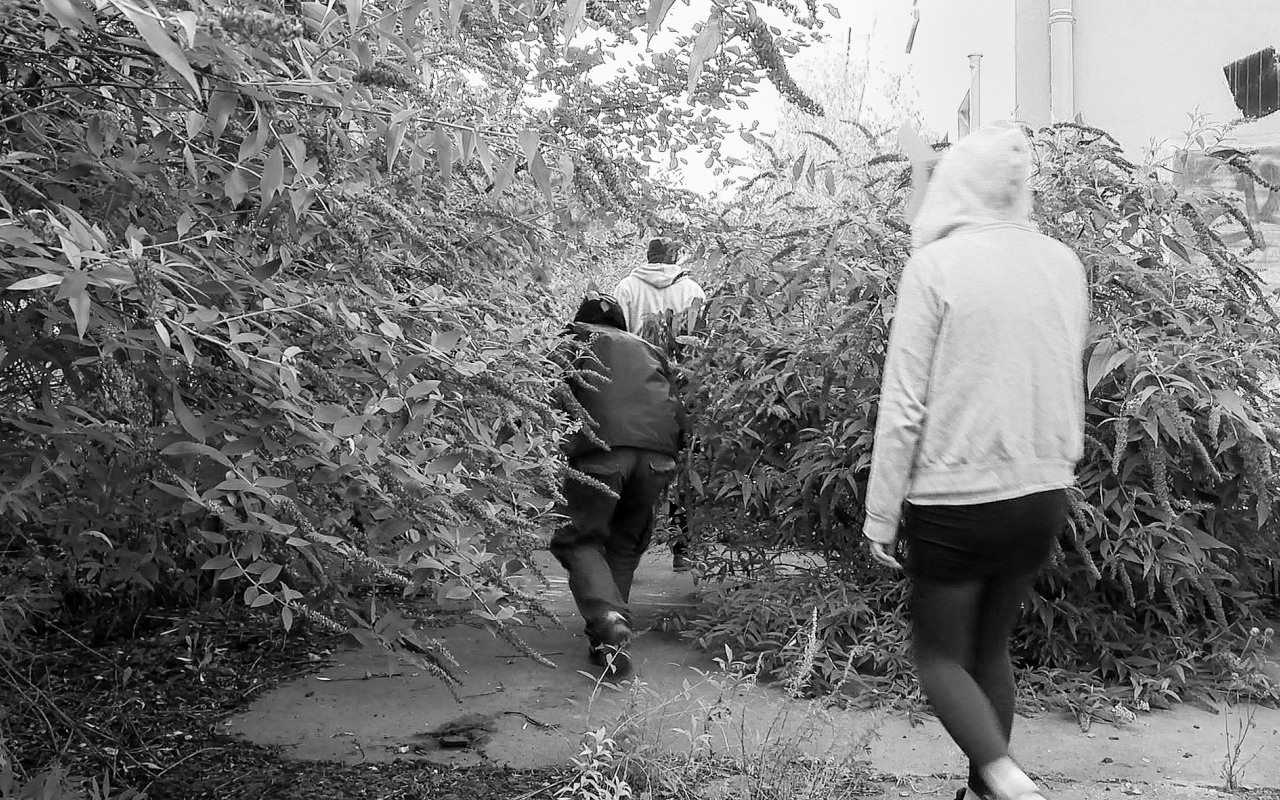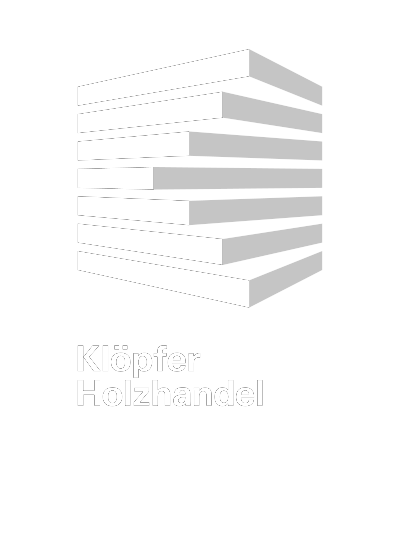By the second half of the 20th century industrial development and urbanization had provided a certain level of prosperity even for the working classes. With the dismantling of the welfare state – initiated in Germany by the so-called Agenda 2010 reforms – the social question has once again come to the fore within the capitalist system. Cities are managed like companies, public property is being privatized, neighbourhoods are being broken apart by commercial interests. These tendencies, however, are being countered by a growing array of tenant, garden and community initiatives and their demands for the “right to the city”. For it’s the residents that provide a city’s quality of life. The film programme Nicht mehr, noch nicht [No more, not yet] takes a closer look at the current and future conditions of co-inhabitance in the city and countryside from a variety of perspectives and seeks to assess the appearance and reality of societal processes. By looking back at the housing struggles and urban development concepts of the 1960s, 70s and 80s in both East and West, and the various migration movements that followed the fall of the Berlin Wall, a historical arc takes shape that nevertheless demonstrates that the urban fabric has the potential to take on the challenges of a society that continues to grow both more individualistic and more diverse. The selection of short films and full-length documentary and feature films curated by Florian Wüst will be complemented by the contributions of guests. Janina Kriszio and Cornelia Lund will showcase the unique artistic and activist methods that have been used to wage urban political struggle from the bottom up in the city of Hamburg over the last few decades. Under the title Wir geben Ihrer Zukunft ein Zuhause [Giving Your Future a Home], Gerhard Wissner Ventura shows a selection of short films on the subject of the city that were featured at the Kassel Documentary Film and Video Festival – a long-term partner of Werkleitz in the framework of the A38 grant.
